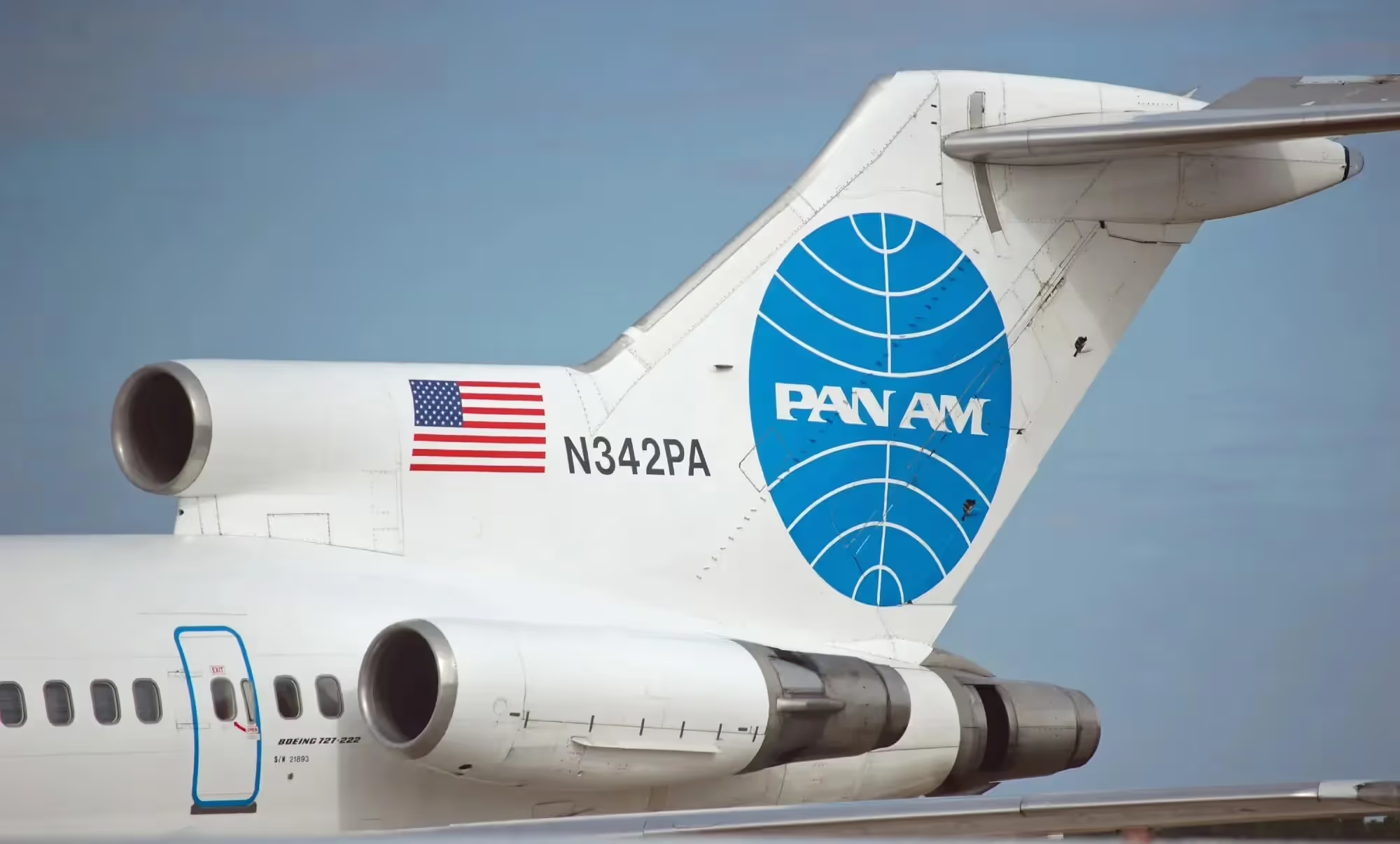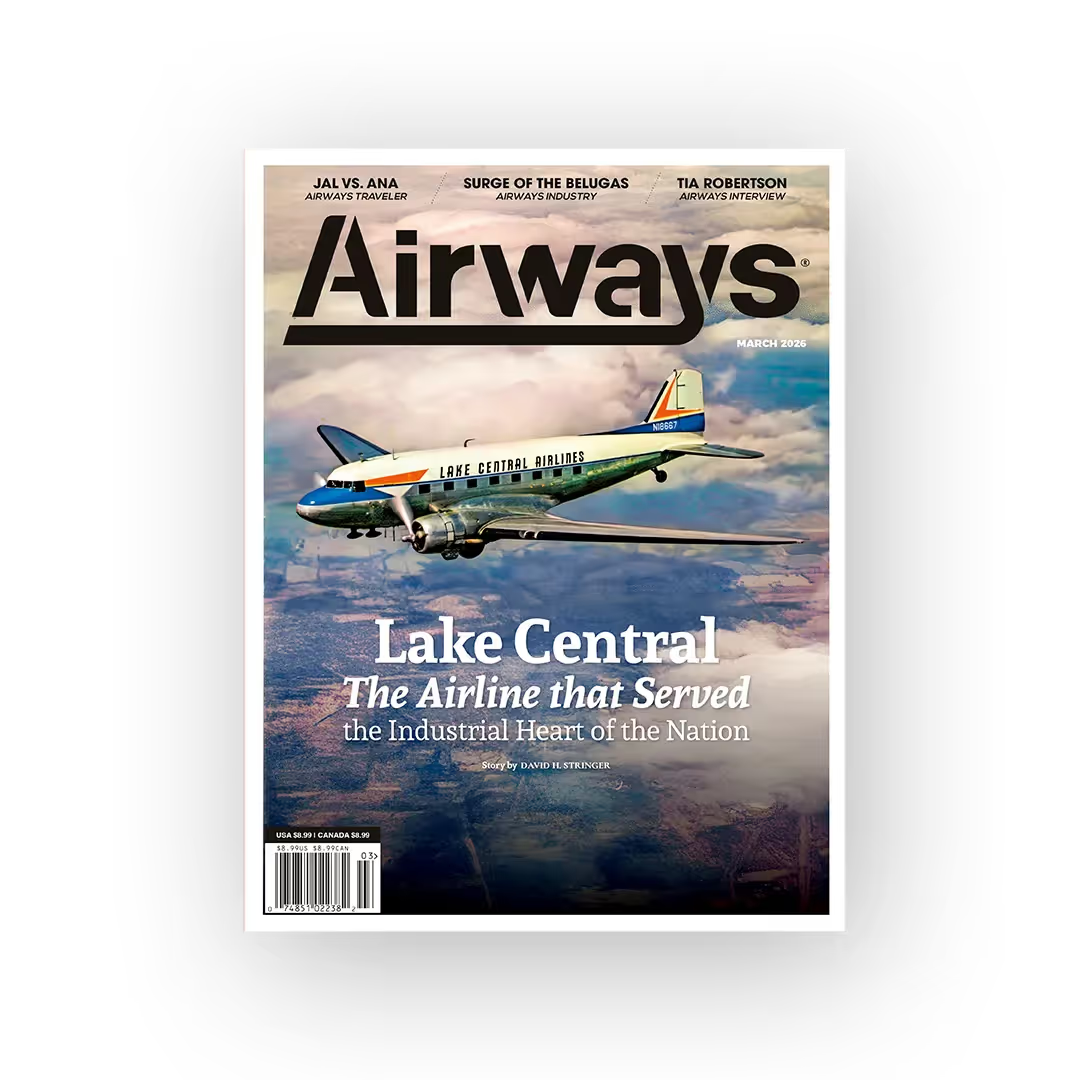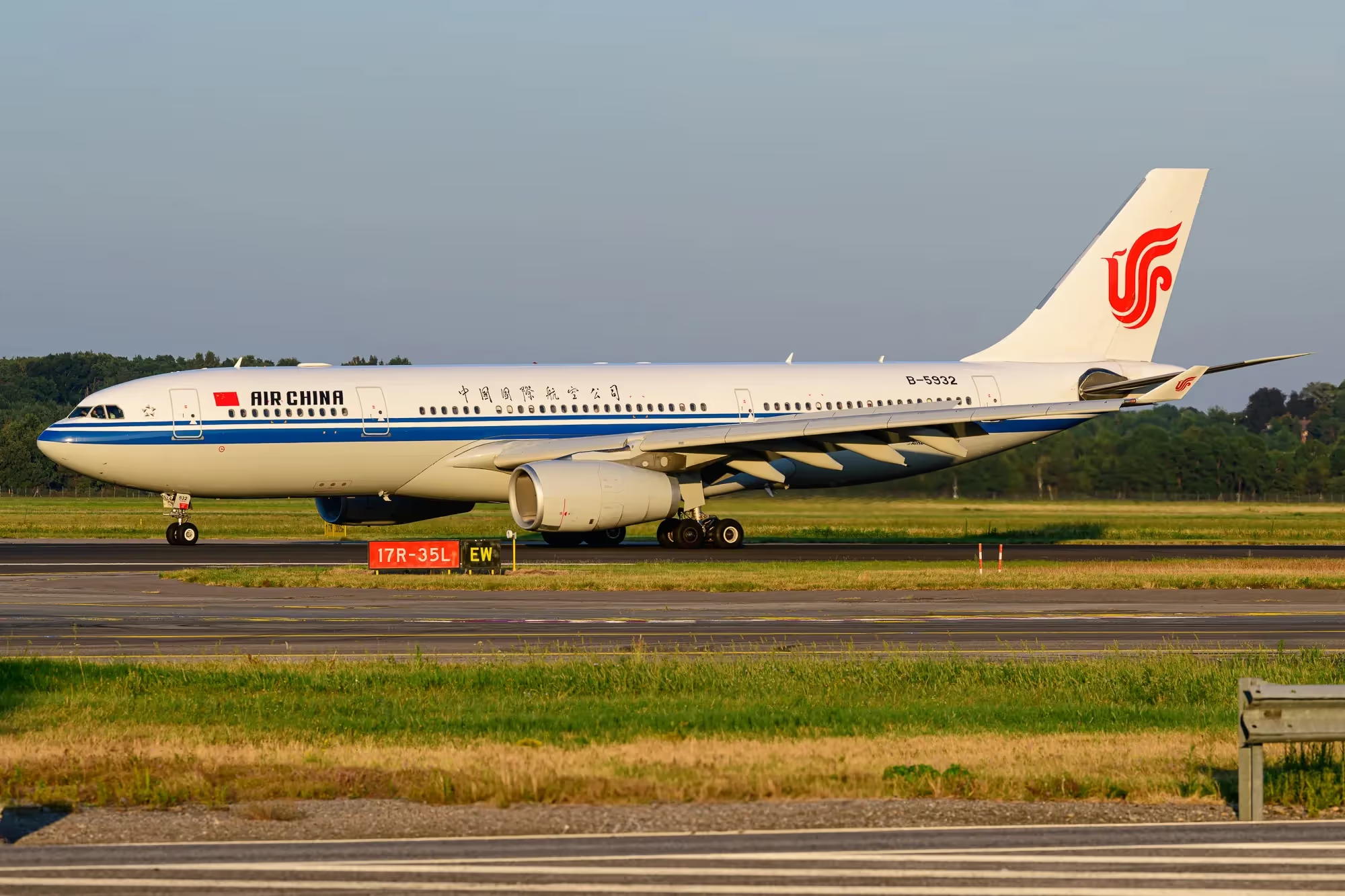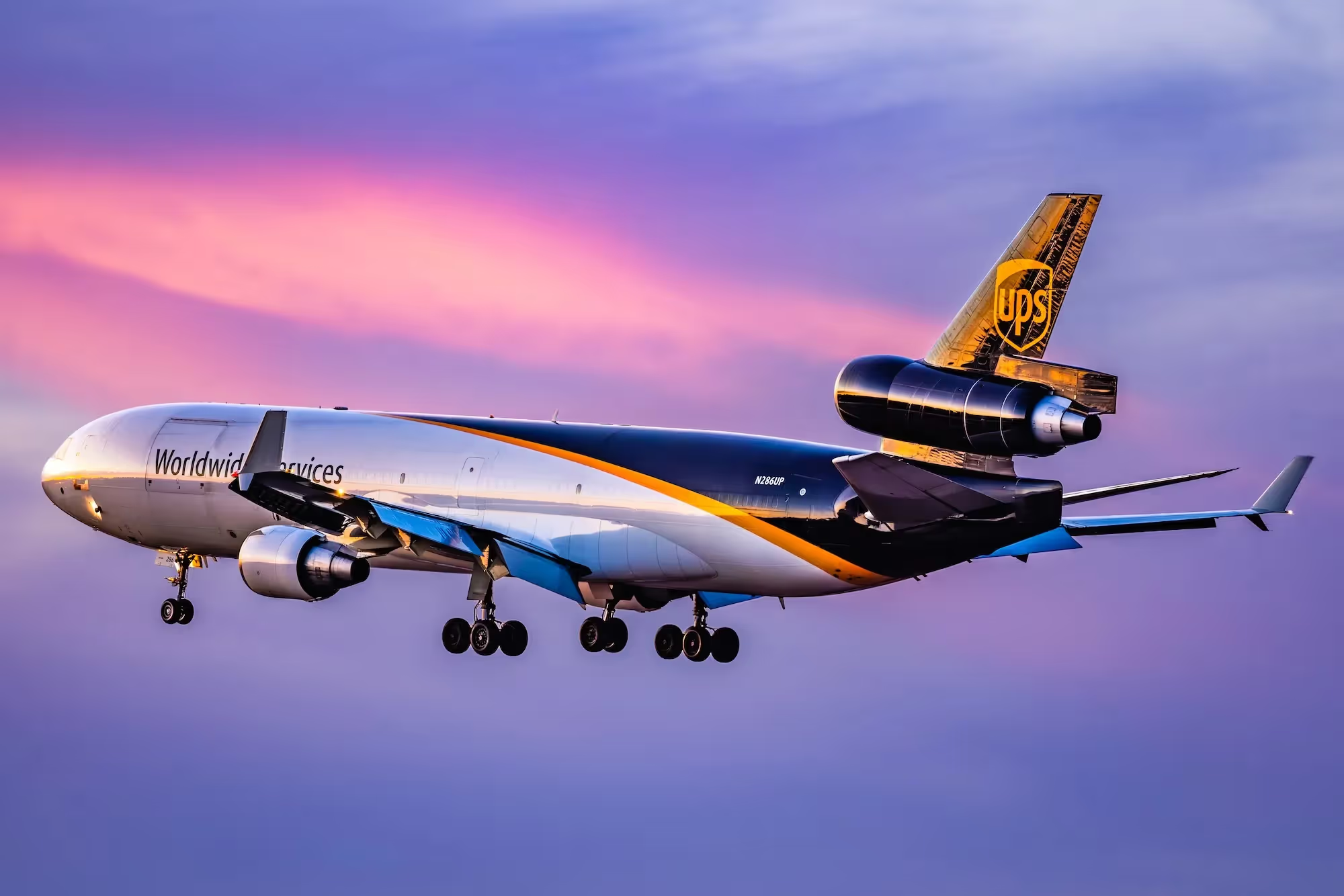DALLAS - As the dust settles from the recent uncertainty over whether placing a live AirTag in your checked luggage is permitted, let's take a look at the issue in greater depth. Many of us will use Bluetooth technology on board a flight at some point, with there often being no restrictions on when we can use Bluetooth-connected devices. As a result, the fact that the AirTag transmits a signal is unimportant in this context. The problem lies with the tiny lithium battery found in the device.
There is one thing that the aviation industry is terrified of when it comes to lithium batteries, and it is called "thermal runaway." This is an uncontrollable reaction that can occur when the battery is damaged or when a short circuit causes heat and pressure to build up in the battery. Remember the grounding of the entire global Boeing 787 fleet in 2013, due to battery troubles?
As the world is now more aware of what can perhaps go wrong, you will frequently hear announcements on board informing passengers to notify the cabin crew, if an electronic device becomes hot or emits smoke. In the interests of safety, the globally accepted policy requires that any device that is powered by a lithium battery, regardless of its size, must be switched off if carried in the baggage hold. This means no live AirTags.

Baggage reclaim area at Casablanca Airport (CMN). Photo: By Hamza Izourane - Wikimedia Commons - Own work, CC BY-SA 4.0,
IATA and ICAO
This is the position taken by the International Air Transport Association (IATA), which represents nearly three hundred airlines worldwide. The Dangerous Goods Regulation (DGR) manual which is created by IATA, lists what can and cannot be taken on board an aircraft. It's an extremely detailed and complex document, spanning over 1000 pages. The DGR manual is updated annually by IATA, and much of its guidance is derived from the International Civil Aviation Organization (ICAO), which publishes 'Technical Instructions' every two years.
The relevant section of the DGR manual for this topic is 'Hidden Dangerous Goods,' because a live lithium battery in hold luggage is classified as such by IATA. The legislation that prevents you from carrying a live AirTag in your checked luggage is found in a table titled 'Provisions for Dangerous Goods Carried by Passengers or Crew,' and it applies to any airline that adheres to these IATA rules. This accounts for the vast majority of the industry.
Many people are perplexed as to how an airline can enforce this rule. In reality, airlines are less concerned with whether or not you have a live AirTag in your checked luggage and are more concerned with passengers complaining to the crew before departure that their luggage is missing. In other words, the potential schedule disruption is more of a headache than the fact that you have a coin-sized live battery in your hold luggage.

Photo: By Butch - Wikimedia Commons - Own work, CC BY-SA 3.0
Conditions of Carriage
So, what if you complained to the cabin crew before leaving the gate that your bag was not loaded on board? Perhaps you even asked to disembark at the last minute so you wouldn't be separated from your luggage? Things start to get interesting at this point. When you book a ticket online, the final step is usually to check a box confirming your acceptance of the airline's conditions of carriage.
Consider it an agreement between you and the airline outlining what the airline expects from you and what you can expect from them. ICAO sets guidelines for how these conditions must be presented to passengers. Section seven most likely contains a provision that states, in a broad sense, that breaking any laws or regulations is prohibited.
Leaving a live AirTag in your checked luggage would fall foul of that wide-ranging rule but is unlikely to result in any serious repercussions. However, an airline may legitimately refuse to honor your ticket. In such cases, some airlines even reserve the right to claim costs and delay compensation that other passengers may be entitled to if they delay a flight after discovering that your luggage has gone astray.
Such a reaction is undeniably harsh, but an airline could use such drastic measures as a deterrent to keep passengers from pressing the call bell just before departure and objecting to their missing luggage. In other words, one could accept that they will be separated from their luggage and carry on to your destination, or express your dissatisfaction before take-off, which also serves as an admission that you are violating the terms of your ticket and could open the door to further problems.
The passenger bears the responsibility for knowing what is and is not permitted in checked luggage, and airline personnel will not be sympathetic to a plea of ignorance. After all, when you purchased your ticket, you were affirming that you are aware of and will follow the airline's terms of carriage, which are legally binding, which we often do without thinking. It remains to be seen if airlines will adopt such a heavy-handed approach, but it certainly cannot be ruled out.
As the saying goes, forewarned is forearmed!
Featured image: Luggage handling at Zurich Airport (ZRH) Photo: By Balise42 - Wikimedia Commons - Own work, CC BY-SA 4.0

.avif)
.avif)
.avif)
.avif)
.avif)



.avif)